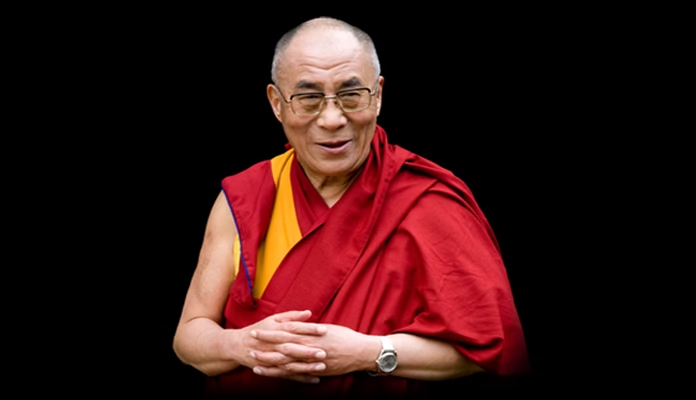
How Kerala Eliminated Extreme Poverty Through Targeted Welfare and Micro-Planning
Thiruvananthapuram: In a landmark announcement coinciding with Kerala Piravi, Chief Minister Pinarayi Vijayan on Saturday declared that Kerala has become the first Indian state to eradicate extreme poverty — a claim the Opposition dismissed as “fraudulent.”
The declaration came during a special session of the Kerala Legislative Assembly, which the Congress-led UDF boycotted in protest.
“Today’s Kerala Piravi marks a historic milestone. We have succeeded in making Kerala the first Indian state free from extreme poverty,” Vijayan said in his address, calling it a defining moment in the journey toward Nava Kerala (New Kerala).
Today, Kerala has created history- we have become the first state in India to eradicate extreme poverty. On this Kerala Piravi, this milestone reflects the LDF government’s inclusive development model. 64,006 families have found new hope and dignity. Together, we march towards a… pic.twitter.com/bt9QHwA9rt
— Pinarayi Vijayan (@pinarayivijayan) November 1, 2025
The Chief Minister recalled that poverty eradication was among the first promises made by his government after assuming office in 2021, and its fulfilment marked a major electoral pledge now realised.
Targeted Welfare and Micro-Planning
Kerala, long recognised for its social progress — from literacy to electrification — achieved this milestone through a series of targeted welfare interventions under the Extreme Poverty Eradication Programme (EPEP).
With an investment of over ₹1,000 crore, the initiative provided daily meals to 20,648 families, medical aid to 85,721 people, and housing for thousands of beneficiaries. Around 5,400 new homes were built or are under construction, 5,522 houses were repaired, and 2,713 landless families received plots for building homes.
The government also helped over 21,000 people secure essential identity documents like ration cards and Aadhaar, while 4,394 families were supported through livelihood projects.
Rejecting a uniform welfare model, the state identified 64,006 vulnerable families and created customised micro-plans based on each household’s unique needs. “Instead of a one-size-fits-all approach, every family’s condition was individually studied,” Vijayan noted.
‘Result of Collective Effort’
Local Self-Government Minister M.B. Rajesh credited the achievement to a transparent and participatory process, involving local bodies across party lines. “This is not a sudden declaration,” he said. “It’s the outcome of consistent, systematic work carried out over years.”
The Opposition, however, termed the announcement as “misleading,” accusing the government of exaggerating figures to gain political mileage.
Despite political sparring, the declaration marks a significant social milestone for Kerala — a state once again setting a benchmark for inclusive development in India.




